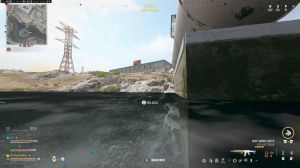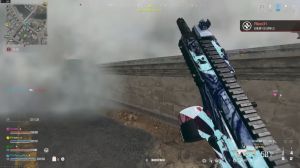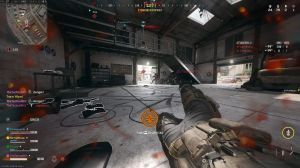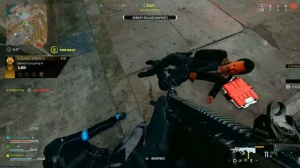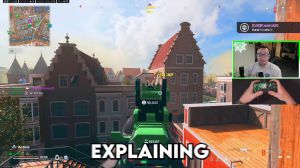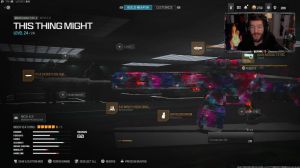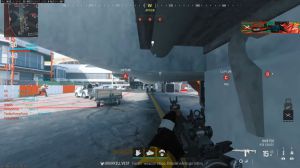News - This Is Making Warzone Unfair For Console Players
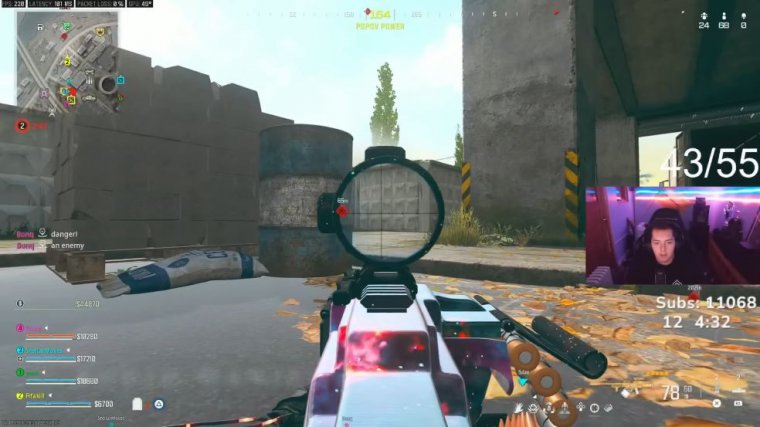
There is a big controversy in Call of Duty right now with the competitive community, both for War Zone and competitive multiplayer, worried about audio manipulation in War Zone, and if you're wondering what that is, let me play this clip for you. You're very smart, and I'm dead. That's really good by someone in there, K these kids, man.
If you're wondering why your game sounds nothing like this, you're correct; it's because this is audio manipulation. In practice in Call of Duty: War Zone, and namely, in this case, it's boosting footstep audio while drastically reducing the sound of weapons firing in the game, so today I wanted to talk about audio manipulation and why it's controversial.
What is it? Is it cheating? And what are the next steps? To start with, audio manipulation in War Zone exists because the audio in War Zone is terrible. They've recently done an update in Season 1 reloaded that definitely somewhat improved things, but the problem with War Zone's audio for me has always lied in its priority system.
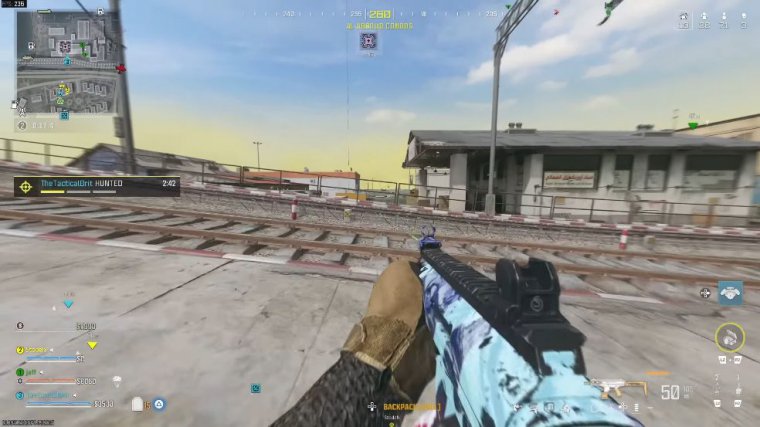
War Zone would rather you heard an air strike 200 meters away than footsteps from the guy right behind you, and that's always been an issue in War Zone and something that still persists. Now, whilst this update did make a marginal improvement and actually made sound cues a little bit more clear and have a bit more of a sound space to them, it still isn't enough, and for the vast majority of people in War Zone, the audio just isn't that great.
I've explained this in great detail in a previous article, but the number one problem with War Zone's audio is that it assumes that you're playing at 100% volume, when in reality most people are on because the game is ear-bingly loud in terms of gunshots, plane audio, and other aspects of the game that make it unbearably allowed to play the game at 100%.
And this is where manipulating in-game audio comes into play. The most popular method is a method by somebody known as Arst War, and what it aims to do is dynamically reduce the sound of gunshot audio and loud noises in the war zone while boosting footsteps. And to clarify, this isn't a sign of an attack on the eyes.
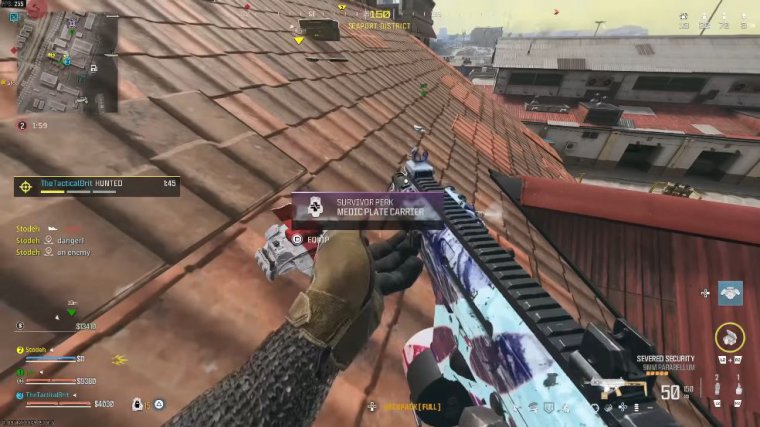
I think his work is really fantastic in terms of the sound engineering he does and the EQ balancing he does. It's a very impressive fee, and whilst lots of you will have opinions on manipulating in-game audio for games like War Zone, it's worth clarifying that this is a very challenging thing to do and that it's a specialty task.
Ultimately, this service and what AR is War does, amongst other options for manipulating audio, wouldn't exist if the audio in the game was just good enough by default. So in the case of the Artis War audio profile, it massively boosts the range of footsteps by focusing on the frequencies of audio that footsteps play in while also dynamically reducing the sound of weapons firing, and this creates an audio mix that's very competitive and allows you to hear footsteps from further away while reducing gunshot audio.
Now I don't use the Artis War setup because I think it sounds pretty mushy for content, and I think some people would agree with that, but I also use my own version of more subtle audio manipulation. I use something called a limiter, which makes sure that once the audio in the game goes past a certain threshold for gunshots.
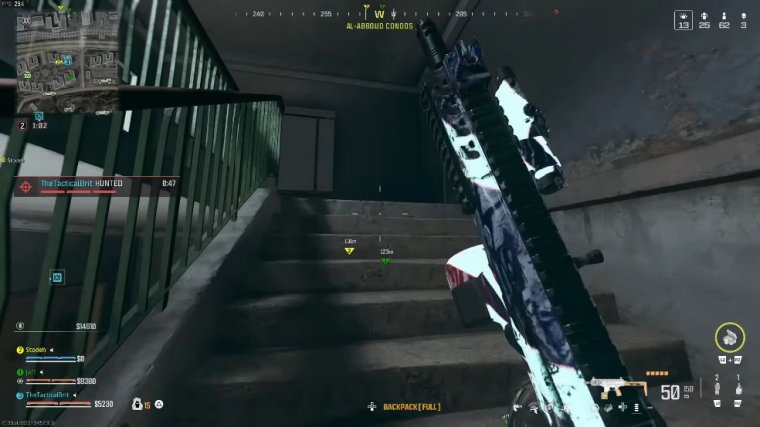
It gets canceled out, reducing the sound of gunshot audio and allowing me to play the game at 100% volume because at 100% volume footsteps are fairly clear, and the limiter allows me to do that, but ultimately, whether you're using Artis War audio or you're using a limiter, the idea is fundamental to reduce the overall sound of loud audio like gunshots and the overwhelming plane audio at the start of the round whilst maintaining the same level of footstep audio or boosting that frequency.
This is something that you can really only do on a PC. There are certain headsets on consoles that do have EQs that allow you to boost frequencies, and those are as close as you can get to that kind of level, but very few of them allow for VST level modification, which is audio effects in real time, and very few of them have the hyper precision of what you have on PC.
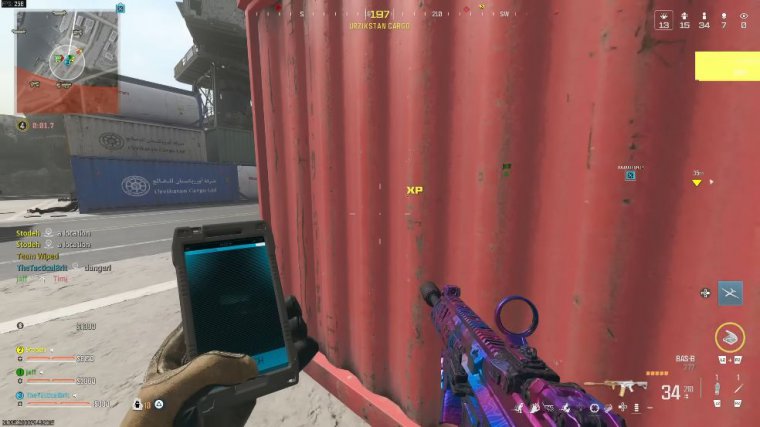
But for the most part, you can get somewhat close on console to a similar concept, boosting really low frequencies like footsteps, reducing the overall audio of the game, and mixing the audio more to your preference. On the whole, if we say audio in the war zone is by default zero out of 10, a good console headset will probably put you somewhere around five or six, and customized PC audio will sometimes put you closer to around 8 out of 10, so it's definitely an advantage on the PC side of things, but you can do some things on the console that will give you a better situation.
I would also say that for those of you on the PlayStation 5, for whatever reason, in my experience, PS5 audio has always been better than PC or Xbox. I'm not entirely sure why it might be down to their proprietary audio engine, but whenever I've played on the PlayStation 5, I've noticed generally better audio on the whole.
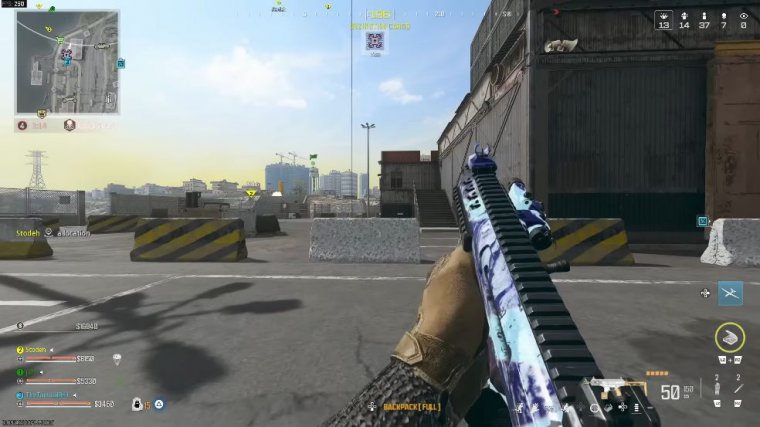
The reason this has become controversial is because a large number of people in the competitive community, both for warzone and for multiplayer, have expected this to be banned from warzone. I don't mean banned in terms of anti-che banned because you physically wouldn't be able to do that, and I'll get on to that later on, but they want it banned in terms of a gentleman's agreement not to use that audio.
Ultimately, it is an advantage, which is something that manipulates the game in such a way that you have better footstep audio, better gameplay audio, and a more competitive audio mix than the vast majority of your opponents. But the reason it can't be banned from a Call of Duty level is because there's no cheating involved.
The audio manipulation in question from Artis War uses a series of virtualized cables that have been installed onto the PC, and you use those audio channels and apply effects to those audio channels to receive the outcome, which is competitive audio. But this isn't massively different from things that already exist on PC.
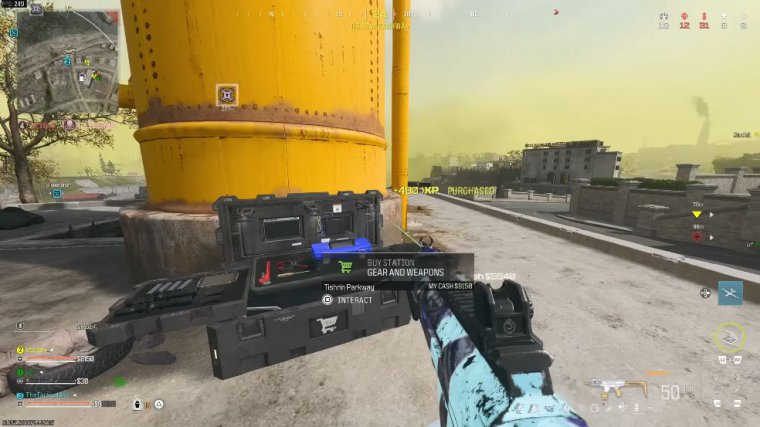
Virtual audio cables have always been a thing on PCs, and lots of people have used them to record gameplay and stream in the past. More importantly, if you're somebody who uses Elgato products like the Elgato Wavelink, which has its own set of arrays of audio balancing, or the Go XLR, which has its own set of balancing, they also split audio tracks into virtualized audio, and they are standard pieces of equipment that anybody can use and anybody can access.
